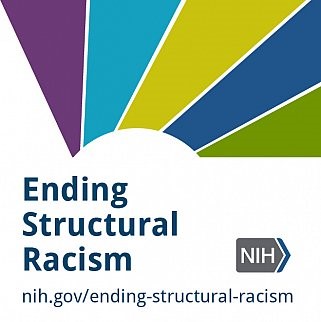UPDATE: The videocast of the ARPA-H session on August 4 is now available.
President Biden recently called for the establishment of the Advanced Research Projects Agency for Health (ARPA-H) to improve our capabilities to speed research that can improve the health of all Americans. The proposed mission of ARPA-H could include investments in breakthrough technologies and broadly applicable platforms, resources, and solutions that can’t be readily accomplished through traditional research or commercial activity. Such innovations could transform important areas of medicine and health for the benefit of all patients.
Continue reading “NIGMS to Co-Host ARPA-H Listening Session”


 UNITE is an NIH initiative to promote diversity, equity, and inclusion in biomedical research.
UNITE is an NIH initiative to promote diversity, equity, and inclusion in biomedical research.

